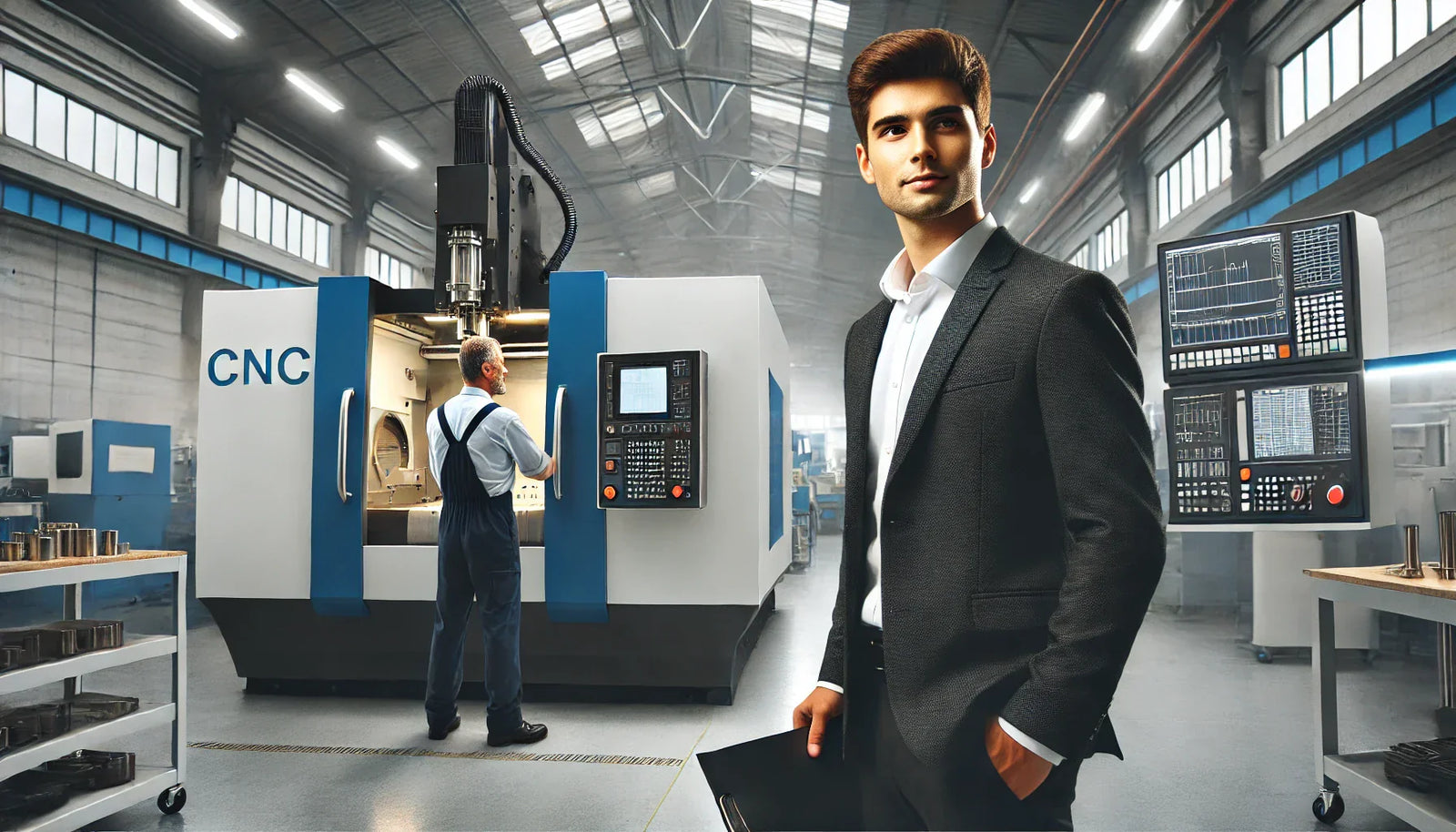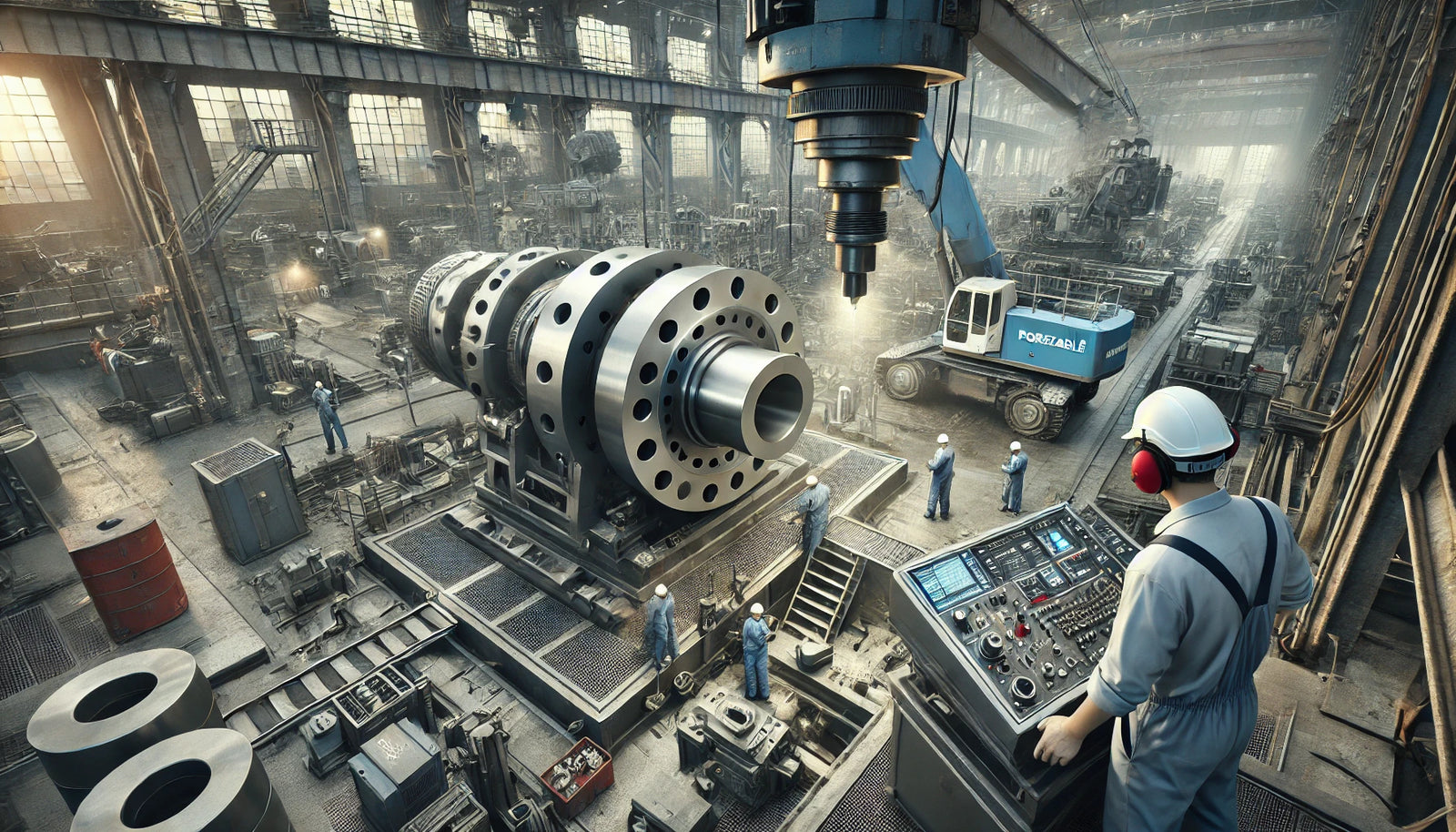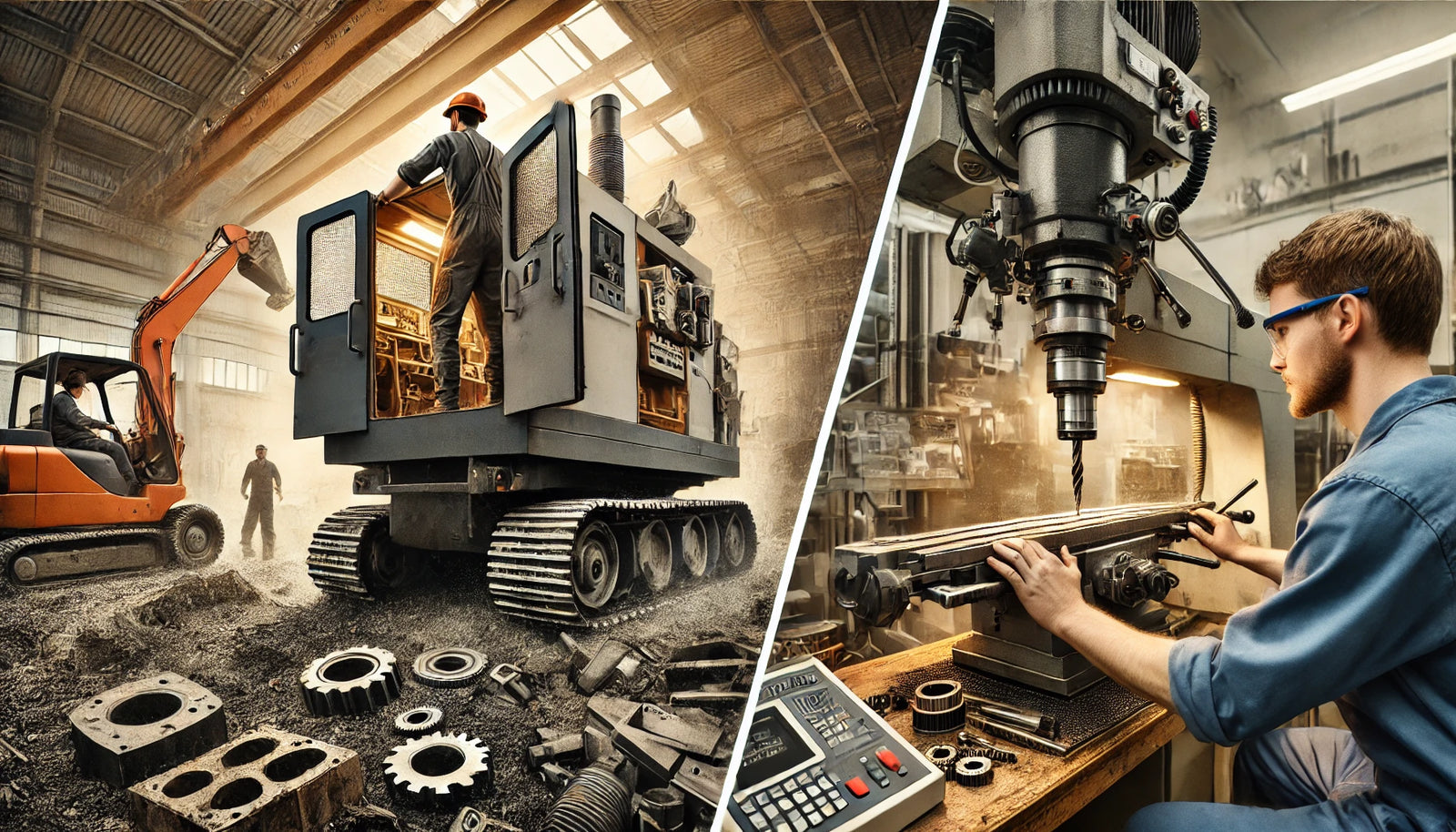Why are poor countries not Industrializing when there is a proven method as well as historical accounts of how the industrialized nations did it. This is no secret...
In no way am i a politician but i do understand the Industrial aspect of this process, moving from Third world (Non-industrialized) to First World (Industrialized) is what people like us do everyday just one manufacturer at a time.
The term "Industrialized Nation" refers to a countries its "First world" status.
I feel that Governments and the people in charge are letting us all down, take a note of how many of these steps your government is failing you on...
I should point out that there is no single formula or method to turn a third world country into a first world country however Industrialization has been the key in all current first world countries.
Below are general steps that can help a country transition from being a developing nation to a developed nation:
-
Develop a long-term vision: The first step is to develop a long-term vision of where the country wants to be in the future. This vision should be based on a realistic assessment of the country's strengths and weaknesses, and it should be supported by a detailed plan of action.
-
Address political stability: Political stability is a critical factor in any country's development. To become a first-world country, a country must have a stable political environment that is conducive to economic growth and social development. This can be achieved by promoting democracy, strengthening the rule of law, and combating corruption.
-
Invest in education: Education is the foundation of any country's development. A first-world country must have a well-educated workforce that is capable of competing in a global economy. To achieve this, a country should invest heavily in education, from primary school to higher education.
-
Improve infrastructure: A country's infrastructure is a critical component of economic growth. A first-world country must have modern infrastructure, including roads, airports, seaports, and communication networks. To achieve this, a country should invest in infrastructure projects that will enhance its economic competitiveness.
-
Promote economic growth: Economic growth is essential for a country's development. A first-world country must have a strong economy that is capable of generating jobs and wealth. To achieve this, a country should promote private enterprise, encourage foreign investment, and diversify its economy.
-
Develop a skilled workforce: A first-world country must have a skilled workforce that is capable of competing in a global economy. To achieve this, a country should invest in vocational training and skills development programs that will enhance the capabilities of its workforce.
-
Focus on innovation and technology: Innovation and technology are key drivers of economic growth and development. A first-world country must have a culture of innovation and must be at the forefront of technological advances. To achieve this, a country should invest in research and development and promote the adoption of new technologies.
-
Address social issues: Social issues such as poverty, inequality, and healthcare are critical components of a country's development. A first-world country must have a strong social safety net that ensures that all citizens have access to basic services such as healthcare, education, and housing.
-
Foster international partnerships: A first-world country must be able to engage with the global community and foster international partnerships. To achieve this, a country should be open to foreign investment and should participate actively in international trade and diplomatic relations.
- Industrialize: The production of finished products has proven to build wealth within a country leading to long term prosperity, reduction of poverty and increased quality of life.
These are some of the steps that a country can take to become a first-world country. Success will depend on a range of factors, including political will, good governance, and strong leadership.
Hows your Government doing so far?
The main focus or industrialization should be setting up a system that can produce a sell-able finished product that has international demand made from raw materials found within your borders.This method employs the most citizens and makes the most profits and tax revenue.
It has been proven that Profits on finished products are over 100 x higher than the raw materials used to make the product.
Investing in industrial manufacturing is a crucial step in the process of becoming a first-world country.
Manufacturing is a key driver of economic growth and job creation, and it plays a vital role in improving the competitiveness of a country's economy.
Industrial manufacturing involves the production of goods using raw materials, labor, and machinery. It requires a skilled workforce, modern infrastructure, and access to capital. When a country invests in industrial manufacturing, it can create a virtuous cycle of growth and development.
Firstly, investing in industrial manufacturing can create jobs and boost economic growth. By developing a manufacturing base, a country can attract foreign investment, create export opportunities, and improve its trade balance. Additionally, the manufacturing sector can have a multiplier effect on the economy by creating demand for other goods and services, such as transportation, logistics, and finance.
Secondly, industrial manufacturing can lead to technological advancements and innovation. Manufacturing requires the use of advanced technologies and processes, which can lead to the development of new products and services. Moreover, the manufacturing sector can serve as a hub for research and development, leading to technological breakthroughs that can benefit other sectors of the economy.
Thirdly, industrial manufacturing can improve a country's competitiveness. By developing a strong manufacturing base, a country can produce high-quality goods at a lower cost, making them more competitive in global markets. This can lead to increased foreign investment, higher levels of exports, and improved economic growth.
Finally, investing in industrial manufacturing can promote structural transformation. Structural transformation refers to the shift of resources from traditional, low-productivity sectors to modern, high-productivity sectors. By investing in industrial manufacturing, a country can promote the growth of modern sectors such as high-tech manufacturing, which can lead to long-term sustainable development.
In summary, investing in industrial manufacturing can play a critical role in a country's transition from a developing nation to a developed nation. By creating jobs, promoting innovation, improving competitiveness, and facilitating structural transformation, industrial manufacturing can support long-term economic growth and development.





